- Home
- /
- Academic Degree and Certificate...
What do you want to study?
Programs by Division
Arts, Humanities & Social Sciences
- Animation, A.S.
- Audio Recording and Production, Certificate
- Chemical Dependency Counseling, Certificate
- Communication Studies, A.S.
- Criminal Justice, A.S.
- Digital Media, A.S.
- Digital Media: Web Production, Certificate
- Direct Support Professional, Certificate
- Early Childhood Studies, Certificate
- English, A.A.
- Fine Arts, A.S.
- Human Services, A.A.
- Individual Studies, A.A.S.
- Liberal Arts and Sciences, A.A.
- Liberal Arts and Sciences: Humanities and Social Science, A.A.
- Liberal Arts and Sciences: Humanities and Social Sciences (Jointly Registered With SUNY College At Buffalo – Childhood Education 1-6 BS), A.A.
- Liberal Arts and Sciences: Teaching English to Speakers of Other Languages (TESOL), A.A.
- Music, A.S.
- Music, Certificate
- Psychology, A.S.
- Teaching Assistant, Certificate
- Theatre Arts, A.S.
Business & STEM
- Accounting, A.S.
- Accounting, A.A.S.
- Animal Management, A.A.S.
- Biology, A.S.
- Business: Business Administration, A.S.
- Business: Business Administration, A.A.S.
- Business Management, Certificate
- Chemistry, A.S.
- Computer Aided Drafting & Design (CADD): Mechanical, Process Piping and Control, A.A.S.
- Computer Aided Drafting, Certificate
- Computer Information Systems, A.S.
- Computer Science, A.S.
- Electronics Technology, A.A.S.
- Engineering Science, A.S.
- Environmental Studies, A.S., busi
- Horticulture, A.A.S.
- Horticulture, Certificate
- Individual Studies, A.A.S.
- Liberal Arts and Sciences: Mathematics and Science, A.S.
- Mechanical Technology: Mechanical Design, A.A.S.
- Sport Management, A.S.
- Welding Technology, A.A.S.
Nursing, Physical & Allied Health
- Dietetics Studies, A.S.
- Health Studies, A.S.
- Individual Studies, A.A.S.
- Massage Therapy, A.A.S.
- Medical Assistant, A.A.S.
- Nursing, A.A.S.
- Personal Training, Certificate
- Phlebotomist, Certificate
- Physical Education Studies, A.S.
- Practical Nursing, Certificate
- Radiologic Technology, A.A.S.
- Surgical Technology, A.A.S.
Degree & Learning Options
Evening Programs
- Accounting, A.S.
- Accounting, A.A.S
- Business: Business Administration, A.S.
- Business: Business Administration, A.A.S.
- Business Management, Certificate
- Computer Aided Drafting & Design (CADD): Mechanical, Process Piping and Control, A.A.S.
- Liberal Arts and Sciences: Humanities and Social Sciences (Jointly Registered With SUNY College at Buffalo – Childhood Education 1-6 B.S.), A.A.
- Liberal Arts and Sciences: Teaching English to Speakers of Other Languages (TESOL), A.A.
- Physical Education Studies, A.S.
- Teaching Assistant, Certificate
- Early Childhood Studies, Certificate
- Direct Support Professional, Certificate
- Liberal Arts and Sciences, A.A.
- Liberal Arts and Sciences: Humanities and Social Science, A.A.
- Liberal Arts and Sciences: Mathematics and Science, A.S
- Practical Nursing, Certificate
Online Programs
- Accounting, A.S.
- Business: Business Administration, A.S.
- Business: Business Administration, A.A.S.
- Business Management, Certificate
- Chemical Dependency Counseling, Certificate
- Computer Information Systems, A.S.
- Direct Support Professional, Certificate
- English, A.A.
- Health Studies, A.S.
- Human Services, A.A.
- Liberal Arts and Sciences: Humanities and Social Science, A.A.
- Psychology, A.S.
- Sport Management, A.S.
Open Educational Resources
Courses with Open Education Resources (OER) provide students with the option to cut costs dramatically without sacrificing the quality of their education. A low-cost OER course ensures materials will not exceed $50 for a given class. The zero-cost OER option facilitates access to free course materials, eliminating the necessity of purchasing textbooks and multimedia components. To learn more about OER courses, please visit the webpage.
Programs in Education
- Early Childhood Studies, Certificate
- Liberal Arts and Sciences: Humanities and Social Sciences (Jointly Registered With SUNY College At Buffalo – Childhood Education 1-6 BS), A.A.
- Liberal Arts and Sciences: Teaching English to Speakers of Other Languages (TESOL), A.A.
- Physical Education Studies, A.S.
- Teaching Assistant, Certificate
What is an A.S. degree?
Associate in Science (A.S.), like the A.A., may also serve as a transfer degree. Many students will earn their A.S. and then transfer to a four-year college or university to complete a bachelor’s degree. However, unlike the A.A. that focuses on liberal arts-based education, the A.S. focuses on the sciences.
What is an A.A.S. degree?
Associate in Applied Science (A.A.S.) is almost always designated as an occupational degree and is designed to help students prepare for a specific trade or occupation.
What is a certificate?
A Certificate is a one-year program generally requiring about 30 to 32 credits. Upon completion, a Certificate can prepare students for a trade or occupation. Often, Certificate courses equal the first year of a related Associate degree.
What is an A.A. degree?
Associate in Arts (A.A.) is an Associate degree that is designated by many community colleges as a transfer degree. A.A. degrees offer students a general education in preparation for a bachelor’s degree program.
Contact Academic Affairs
Phone: 716-614-6450
Fax: 716-614-6406
Location: Notar Admin Bldg.
Hours: Mon-Fri, 8:00am – 4:00pm

